CAT COUGHING UP HAIRBALLS? 2023
If you're anything like most feline parents, chances are you've already had the experience of dealing with a cat hairball or two.
Cat hairballs are a common problem among our feline friends, especially among long-haired cats. I say "problem" because although they are frequent, they are not necessarily normal.
And they can also possibly lead to prolonged gagging and even more serious symptoms like cat vomiting and intestinal blockage if ignored. While hairballs occasionally turning up isn't a problem, it becomes an issue when your cat is frequently expelling them.
As you know, our feline friends use their tongues to groom themselves. Unlike dogs, they spend many hours licking their coat to clean them or to remove dead hairs and debris that can be found there.
A cat’s tongue, as you have probably already noticed, is very rough. It is covered with a layer of keratinous spines that act a little like a comb. It’s thanks to these little horn-like hooks that cats can rid themselves of all these surplus hairs, especially when shedding.
We've put together this blog post for all cat owners looking to have more direct "hairball control." I invite you to continue reading to learn more about preventing and relieving your pet's hairballs.
But first, let's try to understand why your cat vomits up hair.
What is a Cat Hairball?
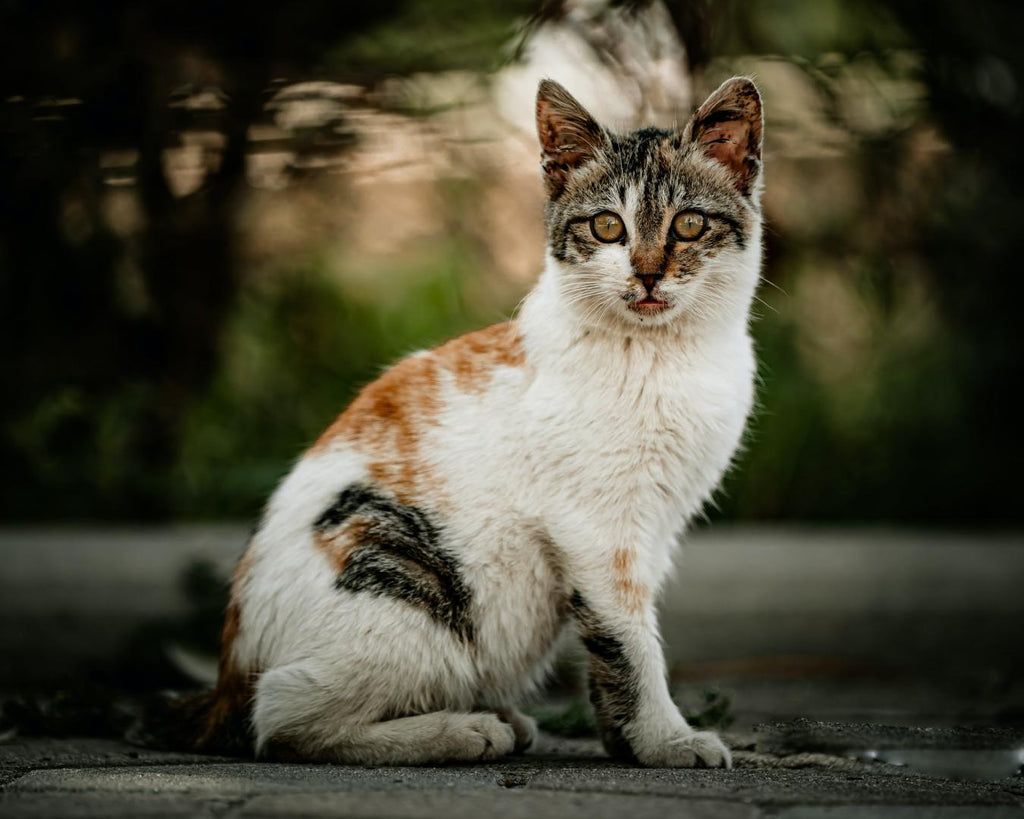
Swallowed hair is normally discharged in the animal’s stools. Therefore, not all cats vomit up hairballs. Since cat hairballs are of veterinary importance, they are entitled to a scientific name. They are called "trichobezoars."
On the other hand, when your feline companion has long hair, as found with Maine Coons or Persians, for example, a cat's digestive system can become overloaded with hair. This is why hairballs are formed.
Unlike what a lot of cat parents mistakenly think, hairballs form regardless of a kitty's age. Older cats are not just the ones prone to this problem. A kitten or even a juvenile adult cat can also be affected.
It is important to take note that occasional hairballs are not an issue. But it's an entirely different story when there are already frequent hairballs coming out of your feline friend. More hairballs in cats can mean there is already an issue you need to resolve.
But we'd just like to emphasize that hairballs aren't just an issue in long-haired cats. Interestingly, short-haired cats can also go through this concern.
How Excessive Grooming of a Cat's Coat Plays a Key Role in Hairball
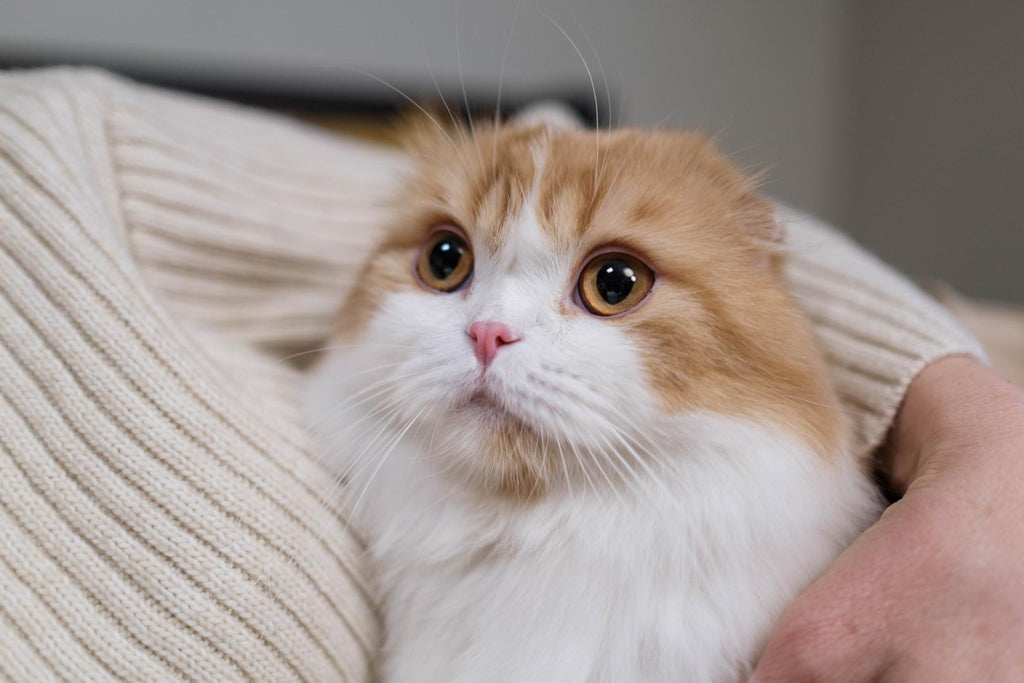
When a cat cleans itself excessively, either during an episode of anxiety or pain or simply out of boredom, it is subject to forming hairballs. Moreover, a cat that has any gastrointestinal problem can form hairballs because its digestive tract cannot perform the job of evacuation as necessary.
Here's a very simplistic process of how a hairball forms: cat fur sticks to a cat's paw. Most cats tend to lick their paws repeatedly when they groom themselves. The cat's fur ends up being swallowed.
This is why a cat hairball problem must be brought to the attention of your vet, to make sure that it isn’t hiding a more serious condition. When your cat grooms, it's not uncommon that he may swallow loose hair or dead hair in the process.
While hairballs can be expelled by cat cough or through a cat's feces, some felines lack certain things in their diet that make this a bit tricky. (We'll discuss this more in detail as we go along.)
Sometimes, hairballs are not the problem, but a symptom of one, especially among our short-haired companions.
That said, hairballs in cats themselves are easy to detect and prevent in a healthy kitty. Read on to learn more about these gooey little gifts.
How Do You Know if a Cat Has a Hairball?

If your cat vomits hairballs, you will notice a gelatinous cluster of hairs often in a tubular form on your floor, reflective of the shape of the feline digestive tract.
Generally, cats will expel a hairball after making sounds that resemble coughing, an impending sign of regurgitation. Your pet is basically "ejecting" the hairball out of his digestive tract when this happens.
Although it is difficult to prove, popular belief is that a cat that eats plants or grass is trying to induce vomiting. It's even said that felines do this as a way to "treat" hairballs.
But it has been considered as a possible sign that a kitty is trying to cough up a hairball when he loads up on these things.
Can a Cat's Diet Contribute to Stubborn Hairball?
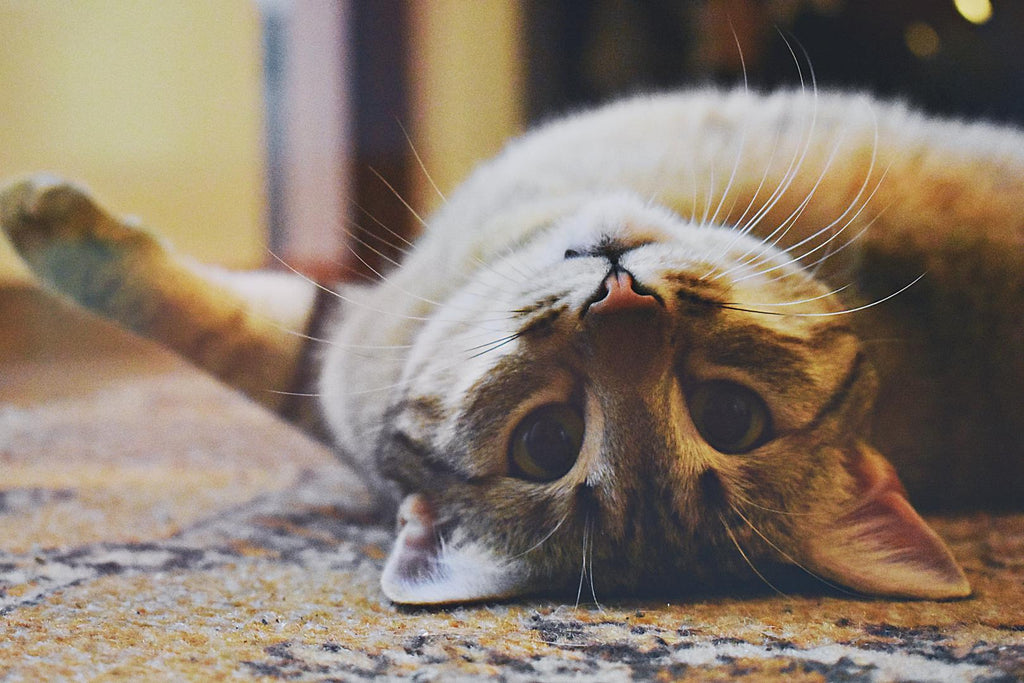
What's surprising is that your cat's diet could be a factor when it comes to frequent hairballs. One possible element is the lack of fiber in your cat's food. See, having a sufficient amount of fiber helps maintain a healthy digestive tract.
Moreover, when the cat food you're serving has adequate fiber, it also adds "bulk" to help move loose hair in your pet's gastrointestinal tract. This will help your cat pass the same the next time he visits the litter box.
Your cat's digestive system will need a bit of help
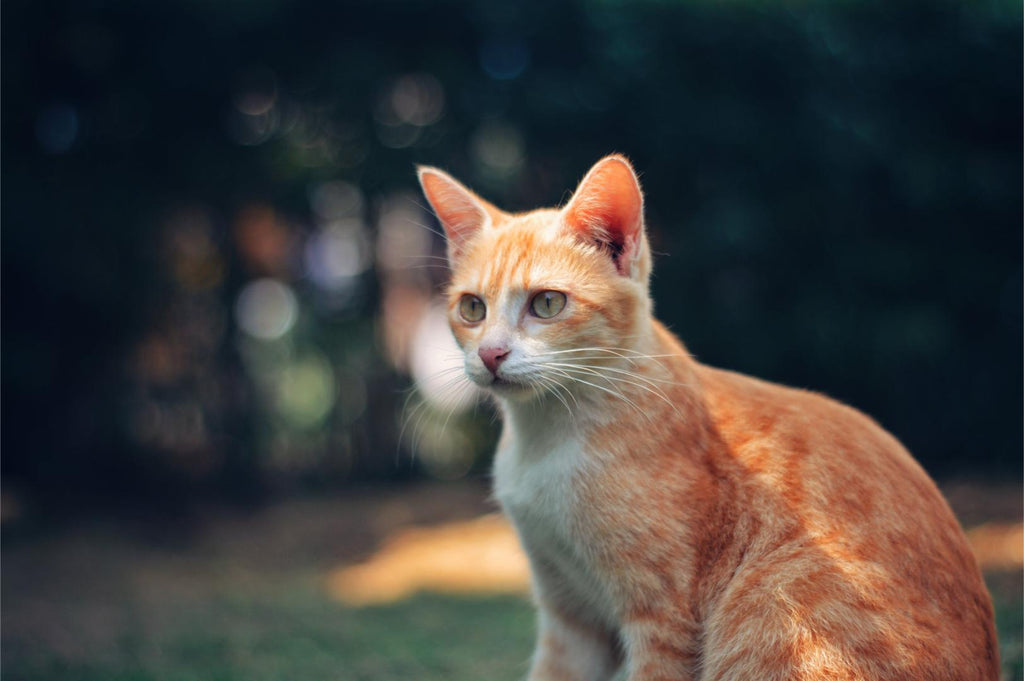
There are simple ways when it comes to integrating more fiber into your cat feeding plan. Broccoli, wheat bran, and carrots are good options to do this. Just remember to serve them cooked.
Steaming or blanching them will already get the job done. Mixing them with dry food for cats will already suffice.
Additionally, you can also go for canned food to pull this off. Canned pumpkin has lots of fiber to not just prevent hairballs but also help your cat pass the same.
Another possible reason why your kitty has frequent hairballs in cats is the lack of water in his diet. This is especially true among kitties that are fed with wet cat food and then do not stay hydrated for more than a day or so.
Loose hairs and excess fur pile up inside the intestinal tract resulting in the formation of cat hairballs. This is the biggest reason why you need to give your cat lots of water each day to prevent this from happening.
How to Help Your Pet Cough Out a Hairball from the Digestive Tract
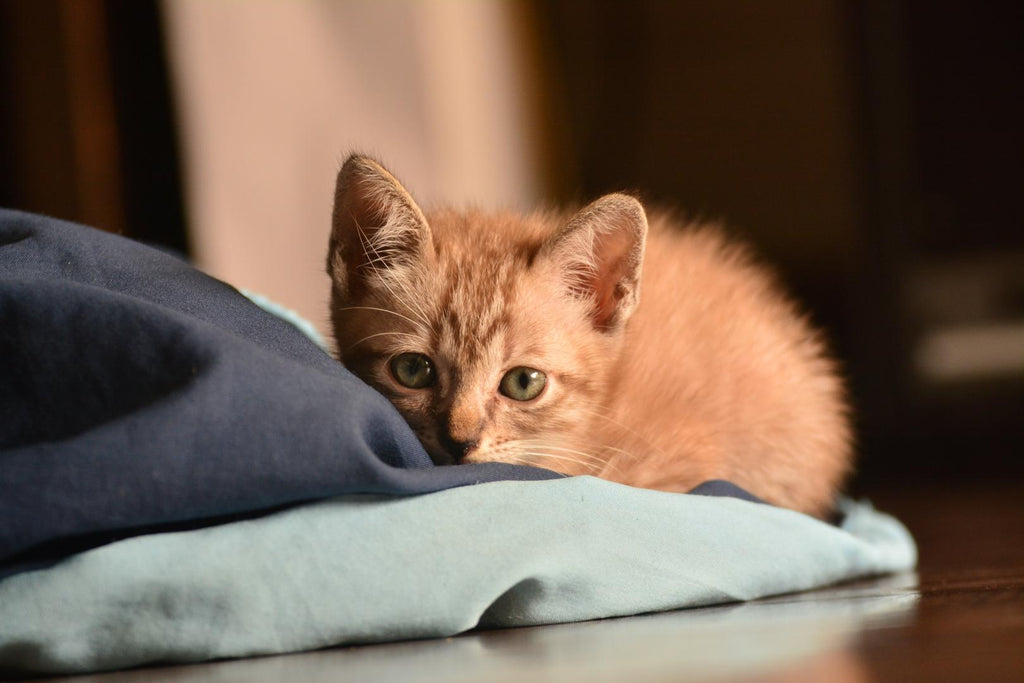
Having the idea that cats form hairballs, you have some tools at your disposal to help him cough them up. Here are some tips to help your pussy cat expel his trichobezoars before they become a serious health problem anytime soon:
Home remedies for cat hairballs using conventional methods
The most straightforward way to have hairball control is by getting your hands on a conventional mild laxative for cats. Look for those that are formulated to help hairballs pass.
Many laxatives are for sale at the vet or at your local pet store. They help lubricate the digestive tract and pass the hairballs through the stool. These mild laxatives are considered popular hairball remedies.
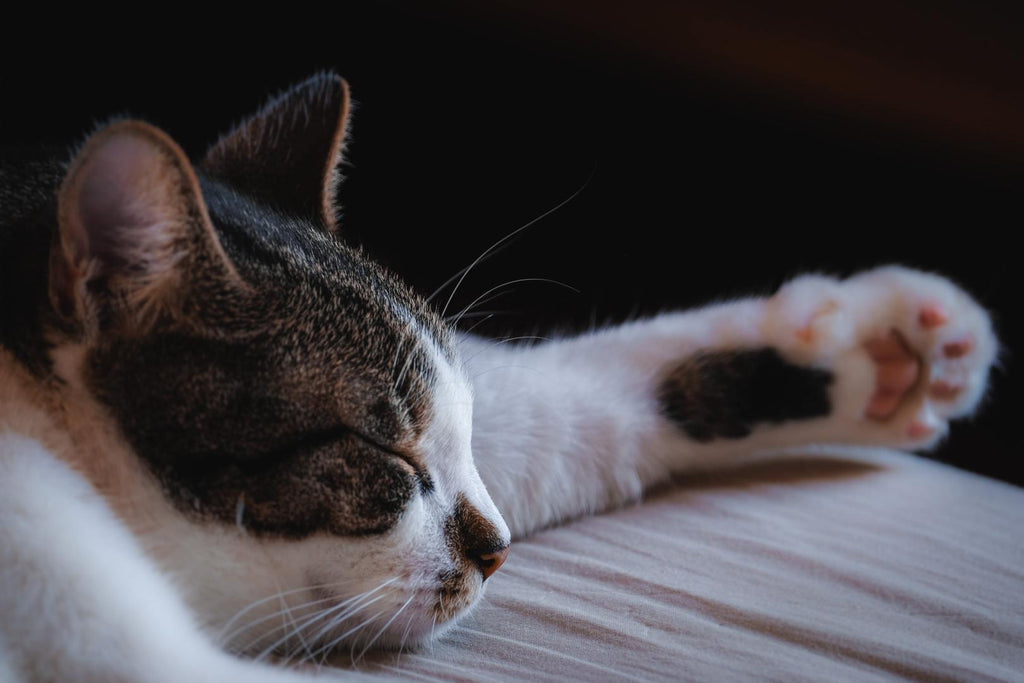
Some people recommend administering petroleum jelly and similar chemical-based oils. A quick heads up, though. This isn't the same as fish oil, olive oil, and fatty acids that you can just integrate with your pet's diet.
I prefer the idea of laxatives because oils are always risky to administer. If the cat inhales the oil, it may develop pneumonia. Additionally, some oils are absorbed by the digestive system so do not provide any help in lubricating it.
Natural hairball control product you should consider
If you're still having a tough time looking up home remedies for cat hairball control, we have a premium natural product that you can include in your pet care checklist. Zumalka's HAIRBALLS is designed to not just reduce hairball symptoms but also help keep intestinal blockages at bay.
How to Help Prevent Hairballs from Forming in Your Cat's Stomach
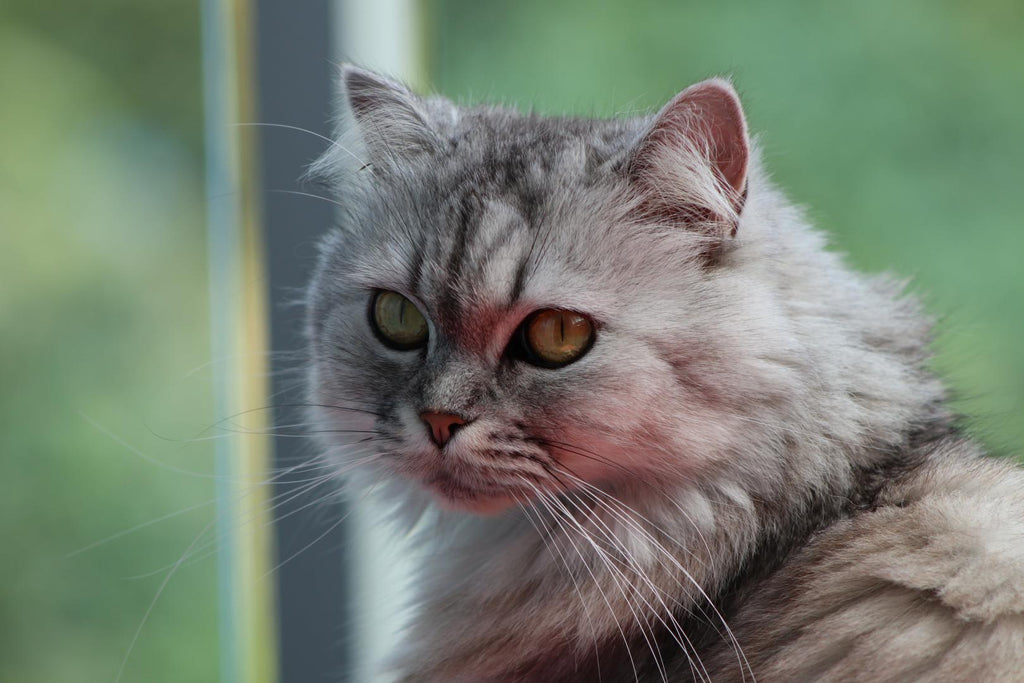
Regular brushing helps a lot
The logic goes without saying! Help your furry friend to get rid of its excess hair with regular brushing. When shedding, or if your cat is long-haired, it is even more important to comb them! In addition, this grooming session will help you forge strong connections with your cat.
You can also give your cat a spa day with a professional groomer once in a while to reduce hairballs.
Boost your cat's food with fiber
A high-fiber diet promotes a healthy and effective digestive system, which helps the hairballs to pass more naturally through the stool. In addition, this food will help promote a rich and silky coat, which helps prevent hair loss.
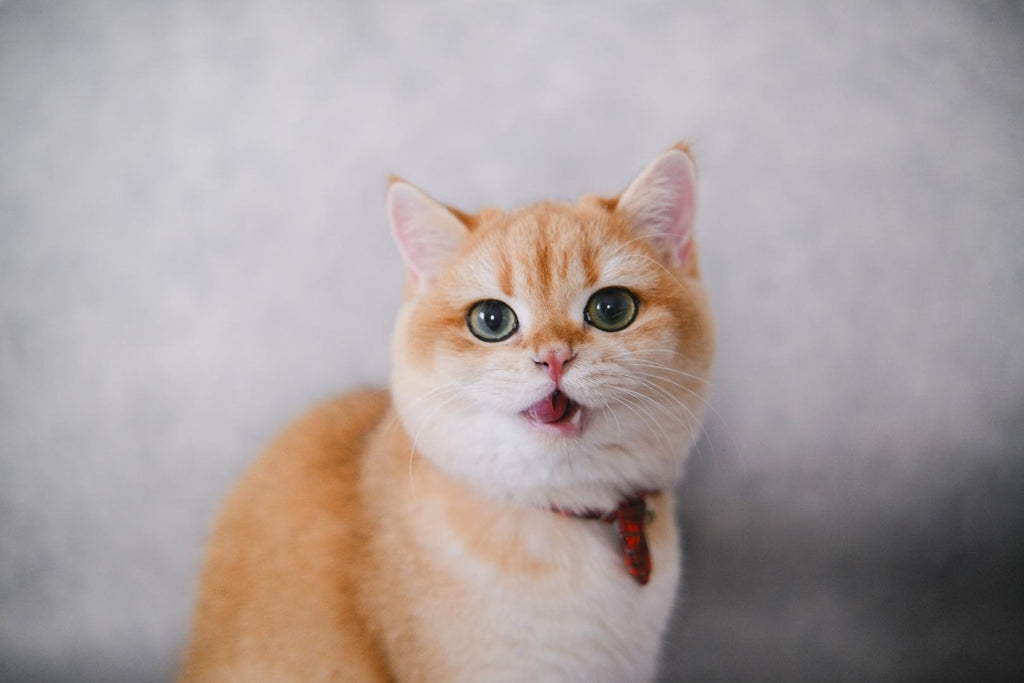
Enrich the environment
A depressed cat will groom itself compulsively. Provide toys to your kitty and play with him, take him outside on a leash. In short, distract him from licking!
Use anti-parasite products
A cat that has fleas will tend to lick excessively to relieve the itching.
Natural product for hairballs
As I've pointed out earlier, our natural HAIRBALLS product can be used before having hairball issues. You want to help your cat get rid of its hairballs, but you also want to help prevent their formation in the first place.
HAIRBALLS is a premium natural hairball remedy that you can administer without worrying about adverse side effects like using petroleum jelly.
So Your Cat Coughs But Does Not Vomit a Hairball...
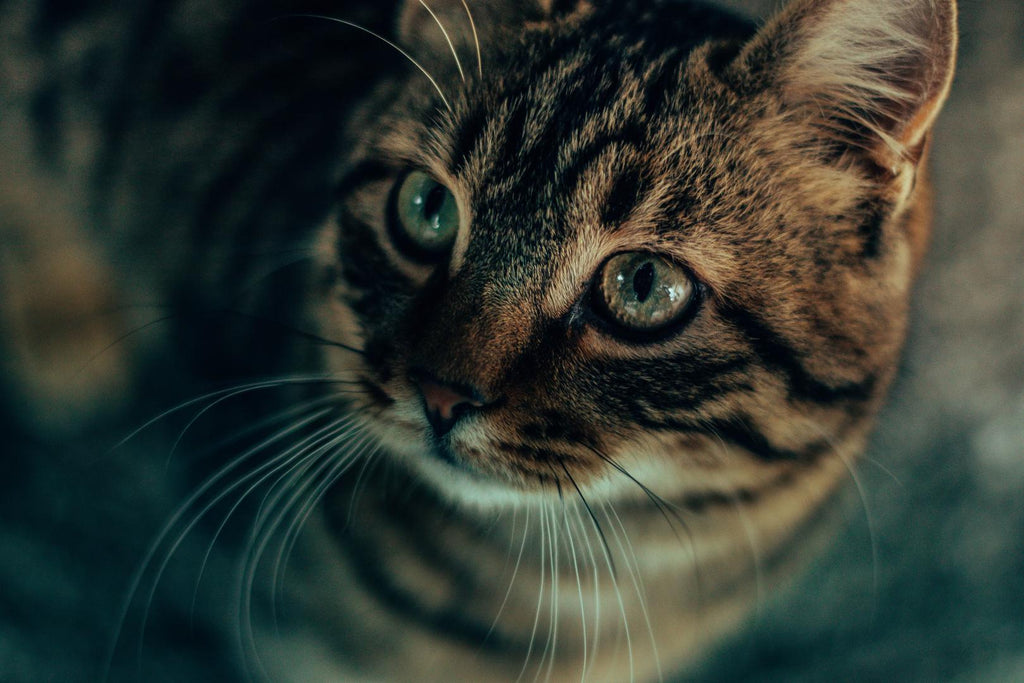
In more serious cases, if your cat can’t cough up hairballs, it could develop a blockage. The mass of hair can completely obstruct its digestive system, which often requires surgery to fix.
In case of obstruction, the symptoms to monitor are:
-
Your cat coughs, or tries to vomit, and nothing comes out
-
Your cat manages to vomit, but only small amounts of liquid
-
Anorexia (to be addressed very quickly!)
-
Constipation
-
Lethargy
-
Distended abdomen
An untreated obstruction can lead to death. If you have any doubts and think that this may be the case for your kitty cat, you must act quickly and tell your vet.
Moreover, other conditions can cause coughing in your feline friend. A cat that coughs does not necessarily mean that he is trying to cough up a hairball!
-
It could be infected with a virus.
-
It may have swallowed a foreign body, such as a string.
-
It could suffer from asthma.
Again, a persistent cough must be evaluated by a vet. Respiratory problems are very serious in cats.
In conclusion, hairballs are common, but not insignificant. Many cats will suffer from this unpleasant condition, but now you are well-equipped to help relieve them and prevent possible complications!



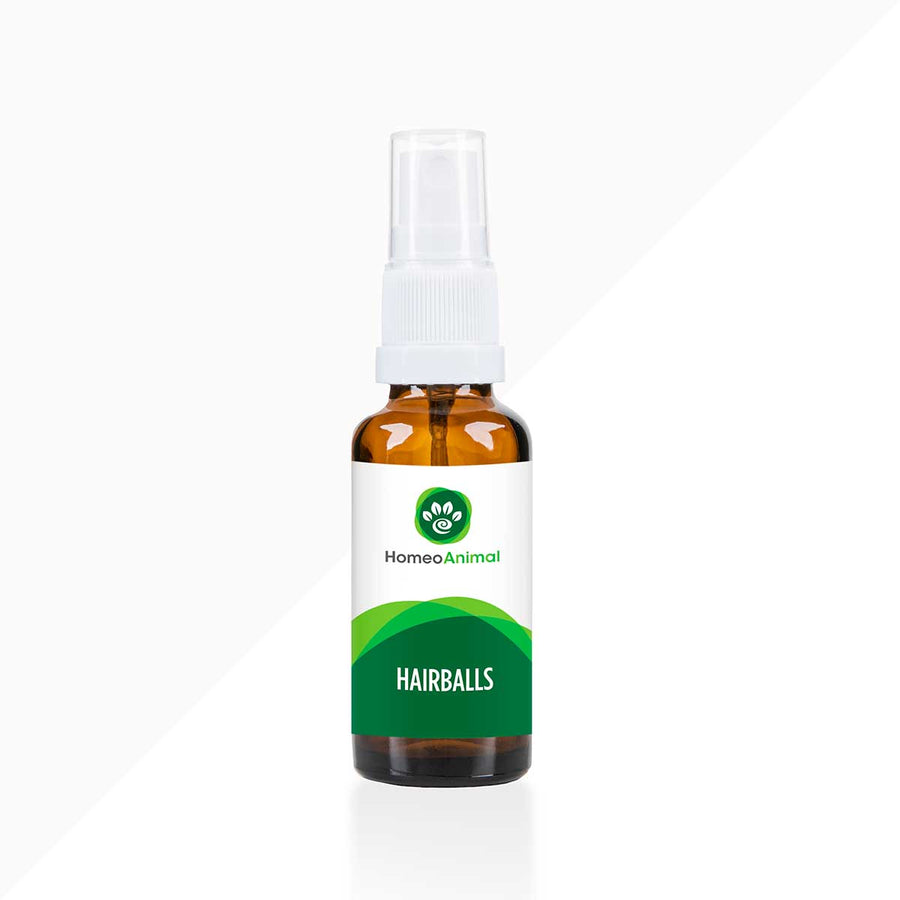
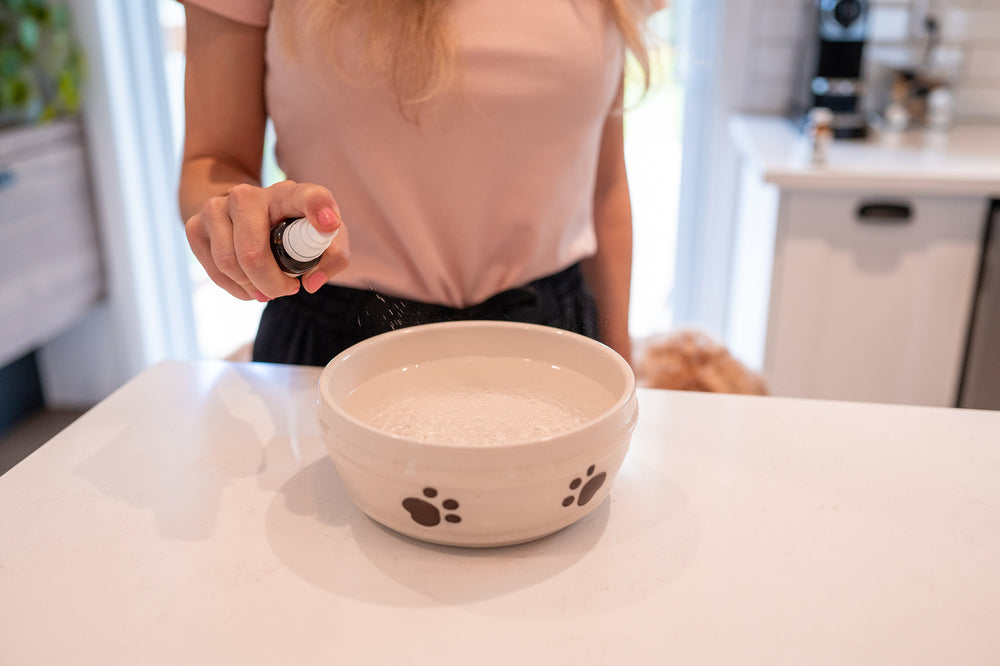


Wonderful post! I valued perusing your encounters. Your explanation was clear and direct. Looking forward substance from you!
Fantastic piece! I never realized hairballs could be a particularly normal issue for felines. Your tips on forestalling them are common and simple to follow. Many thanks to you for sharing!
Thanks Teresa, our customer support has sent you an email to help you further !
How I help my cats, specially Simba he have long hair and he soffer with asma. What I can give to him to make him better?
Leave a comment